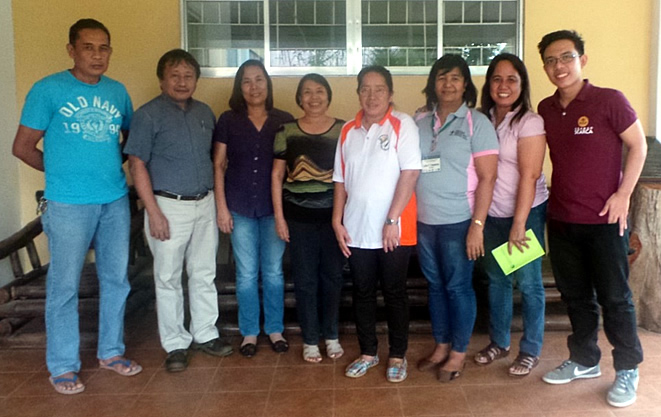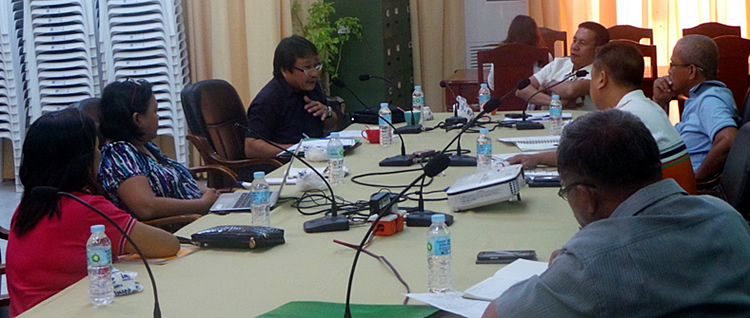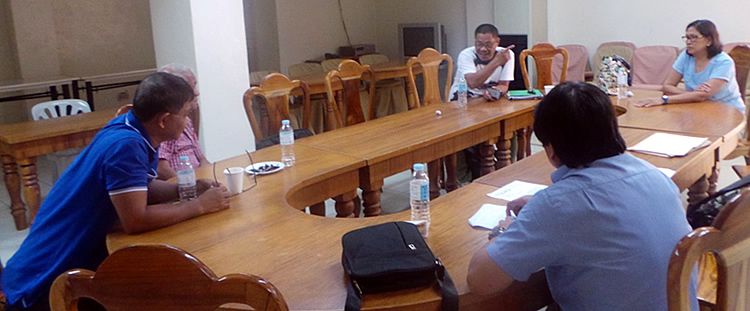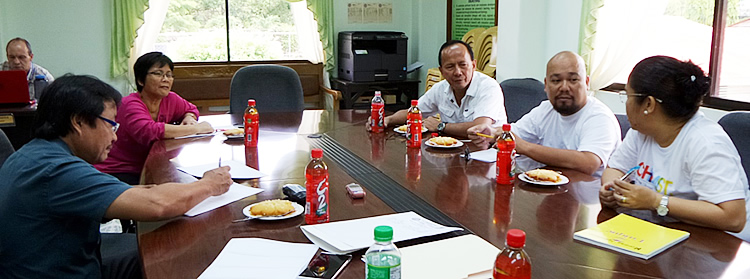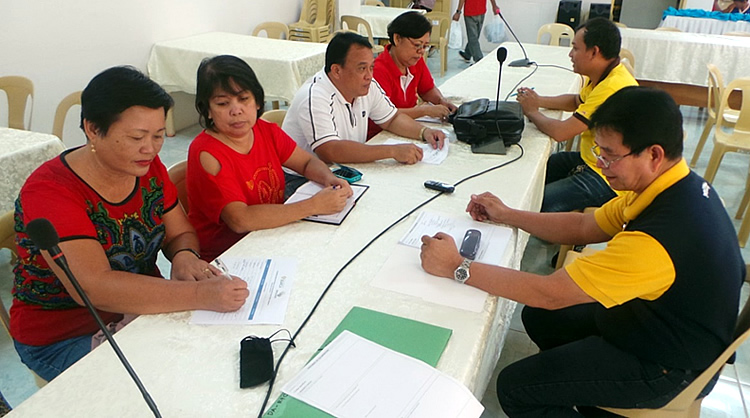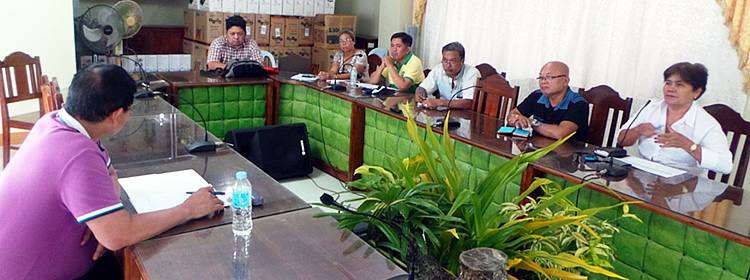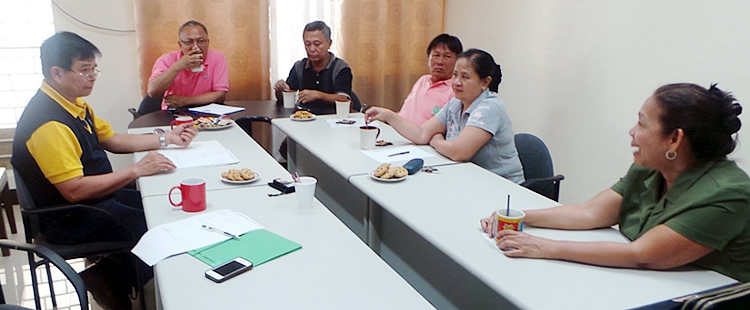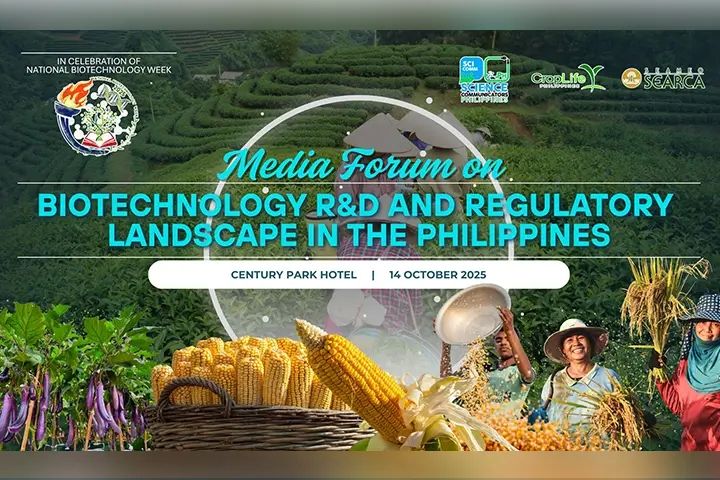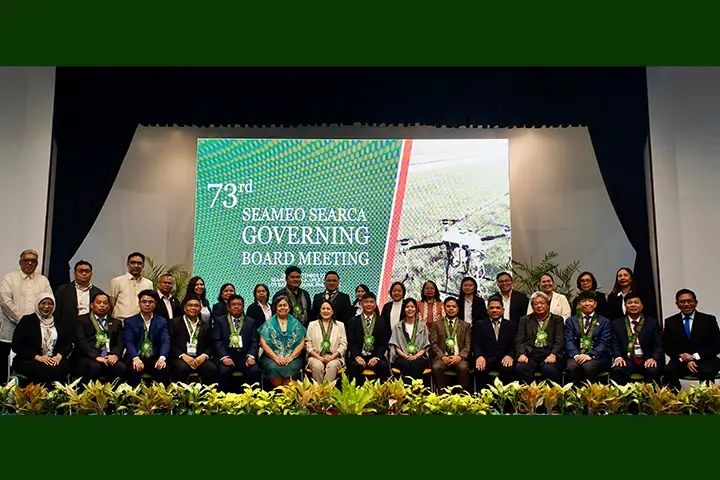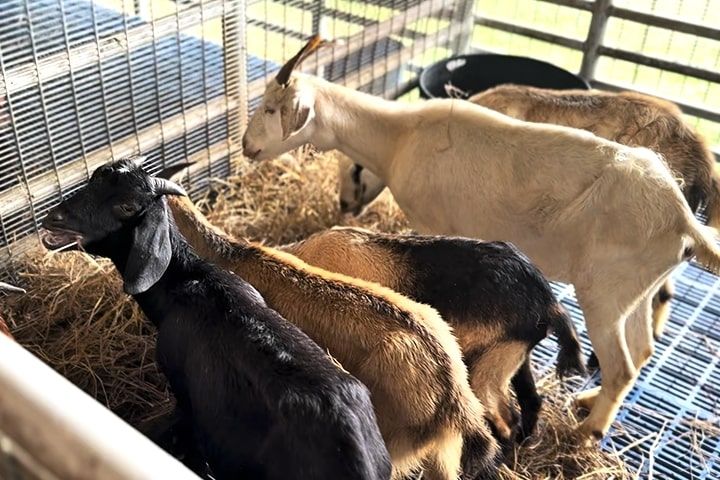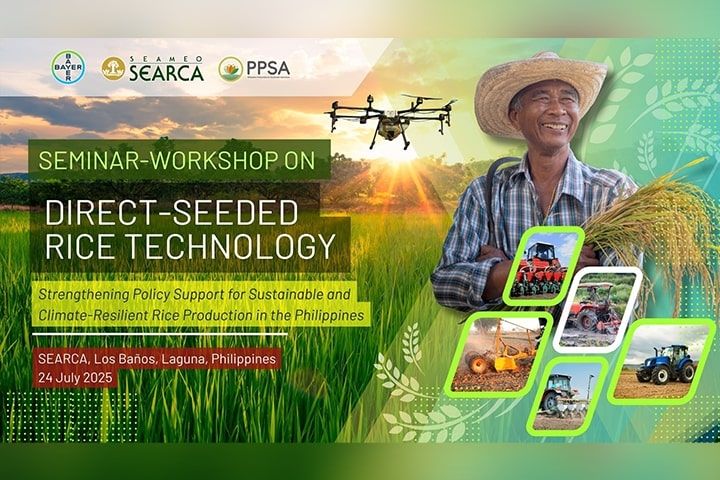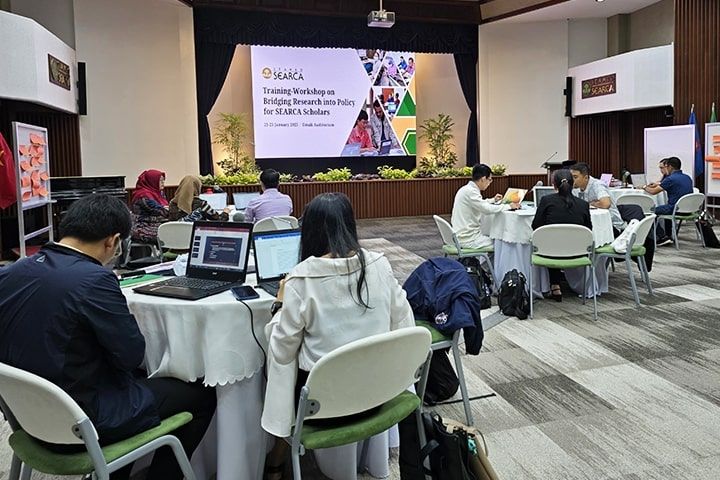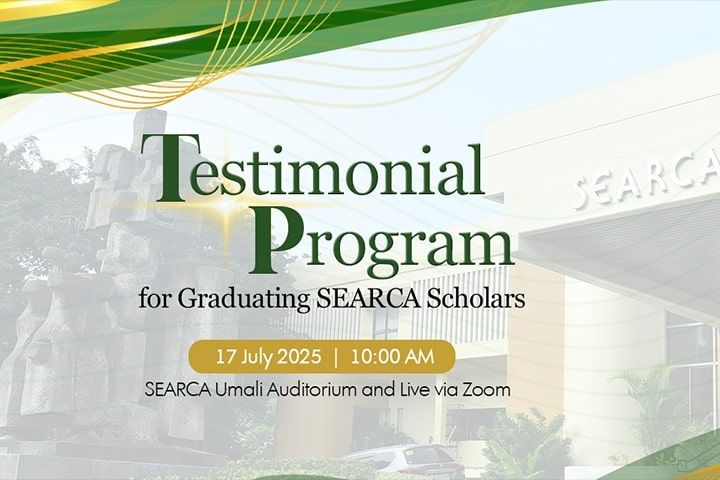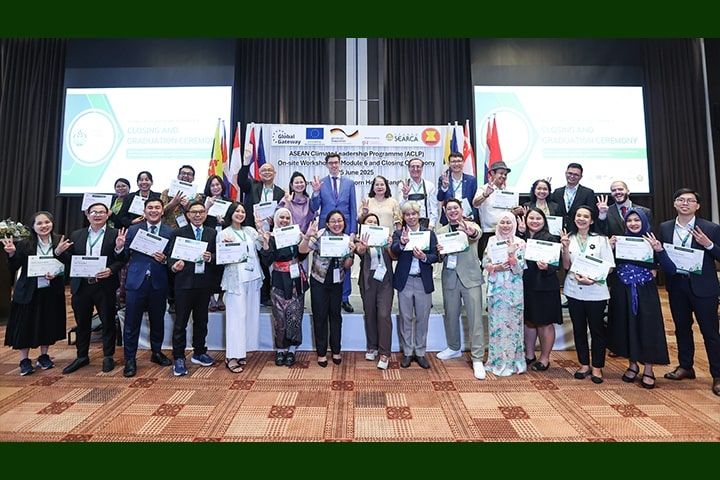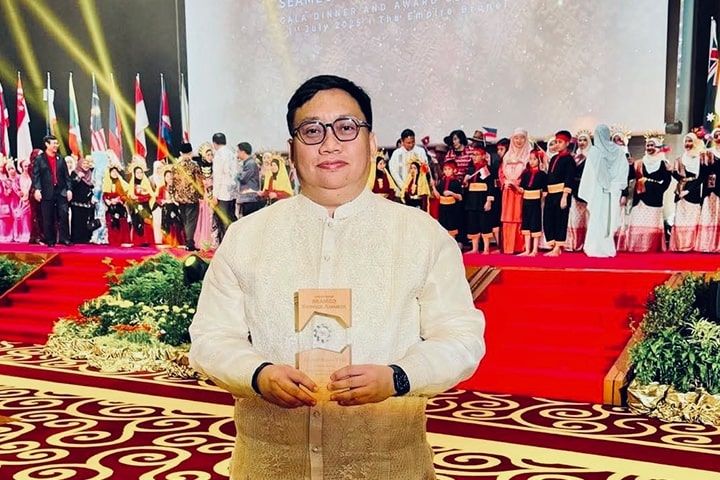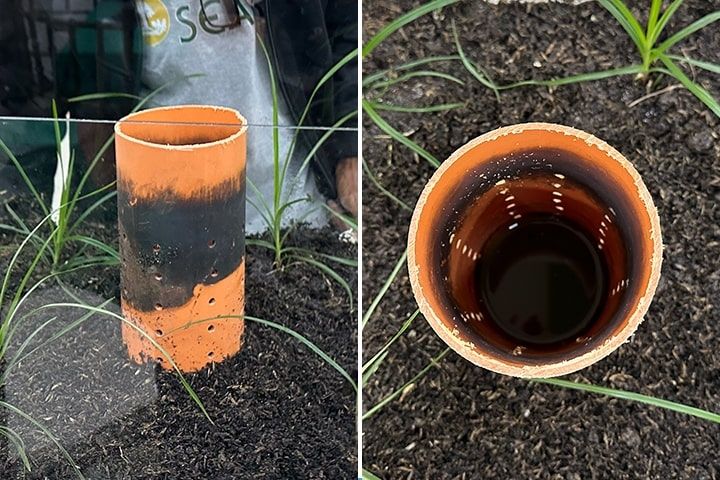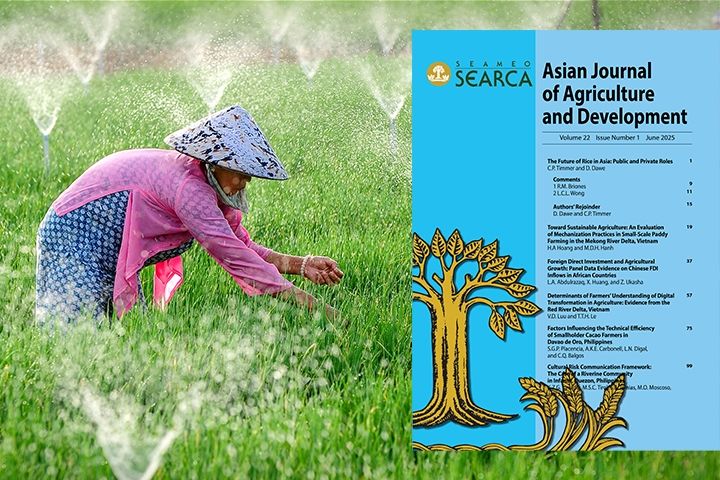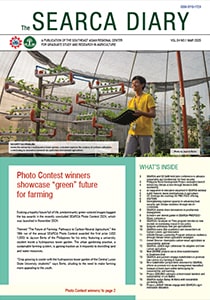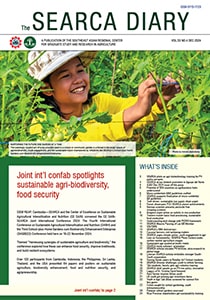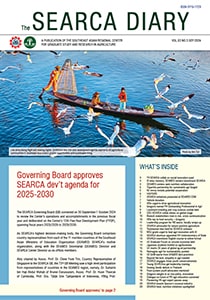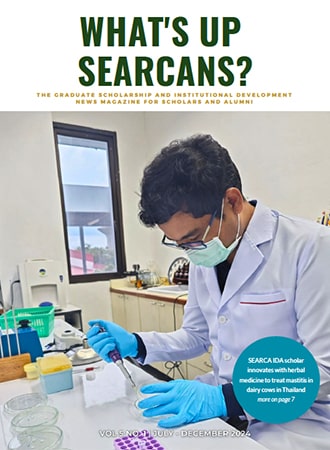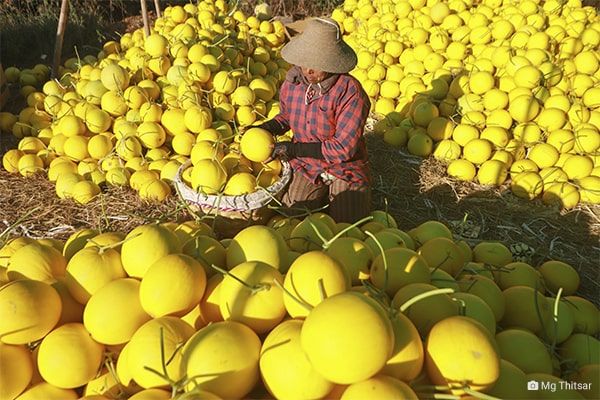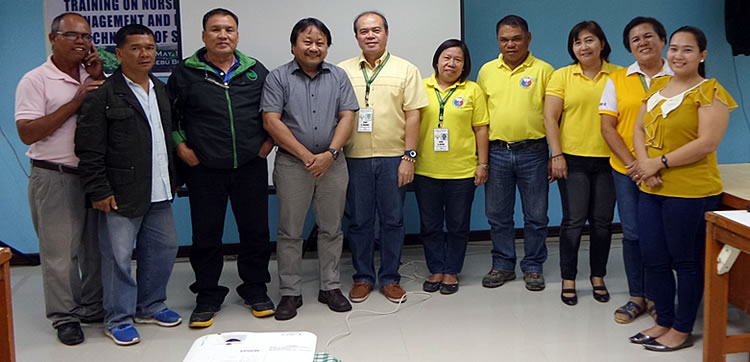
The Southeast Asian Regional Center for Graduate Study and Research in Agriculture (SEARCA) conducted a series of Focus Group Discussions (FGD) during the month of May 2016 in Regions 6, 7, and 8. This activity is part of the Department of Agriculture – Bureau of Agricultural Research (DA-BAR) funded project titled, Strengthening Agricultural Research and Development towards ASEAN Integration. The project aims to (i) benchmark agricultural research and development (ARD) in the country vis-à-vis ARD practices in the ASEAN region, (ii) assess partnership among government agencies and state universities and colleges (SUCs) in terms of ARD, (iii) recommend ways to strengthen capabilities of staff in terms of ARD, and (iv) draw policy implications.
A total of 52 participants from Western Visayas Agricultural Research Center (WESVIARC), Capiz State University (CapSU), University of the Philippines Visayas (UPV), Department of Agriculture – Regional Field Office 7 (DA-RFO 7), Cebu Technological University (CTU), Department of Agriculture – Regional Field Office 8 (DA-RFO 8), Eastern Samar State University (ESSU), and Visayas State University (VSU). Dr. Victor Rodulfo Jr., Research Specialist, and Dr. Jose Nestor Garcia, Training Needs Assessment and Capacity Building Specialist, led the FGDs in Regions 6 and 7, and Region 8, respectively.
The activity revealed that in WESVIARC and CapSU of Region 6, research studies are primarily on natural sciences. WESVIARC focuses on high value crops (mango and banana), rice, corn, vegetables (ampalaya), soybean and mungbean while CapSU concentrates on fisheries and irrigation. On the other hand, research studies in UPV are more on physical/natural and social sciences with particular emphasis on fisheries and aquaculture.
In Region 7, FGD revealed that research studies of DA-RFO 7 and CTU are primarily on physical/natural sciences studies. Both institutions rated the value of collaboration to the success of the research as very significant.
In terms of setting the goal and direction of the research projects, institutions in Region 8 have varying approaches: (i) VSU is anchored to their strategic plan but encourages collaborating agencies to contribute, (ii) ESSU allows the collaborating agencies to identify, and (iii) DA-RFO 8 sets the goal and direction of their research projects.
In providing leadership, the three institutions differ from each other. DA-RFO 8 provides the leadership for projects under the national program; but for projects that requested them to collaborate, the partner institution usually leads the initiative. In ESSU, the funding agency provides the leadership in the collaboration. VSU, on the other hand, sets an agreement with their partner/collaboratoron who leads, as this is a big responsibility. (Lyndon A. Peña)
